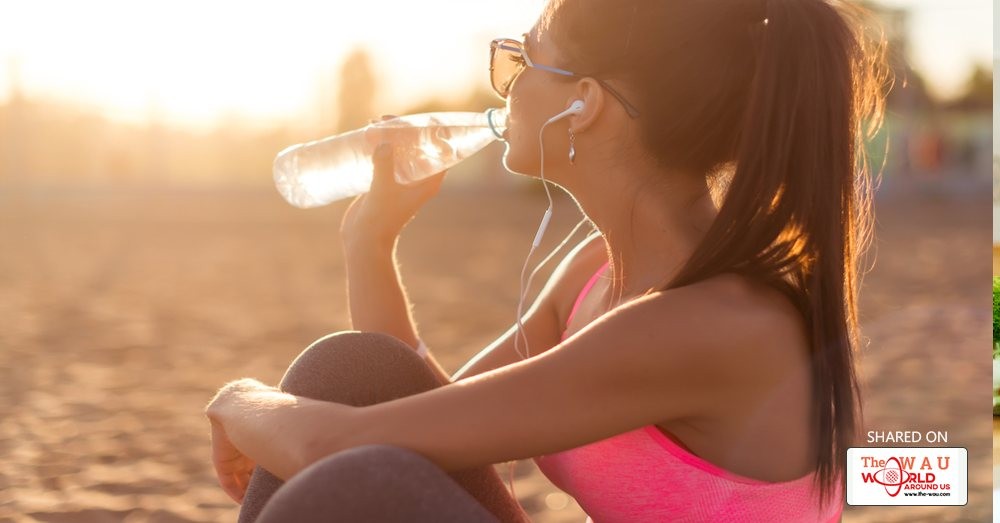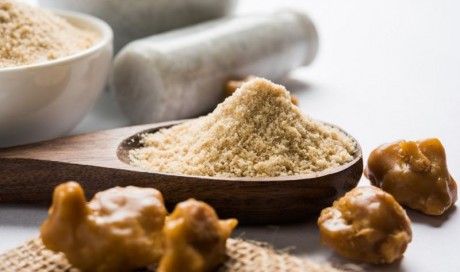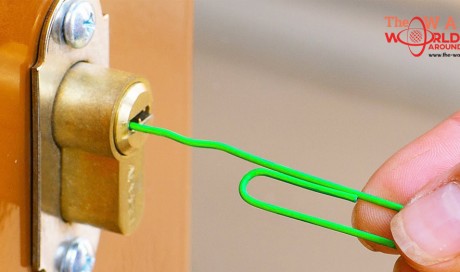1.Watermelon Juice

Watermelon juice helps ease post-workout muscle pain. Research published in the Journal of Agricultural and Food Chemistry found that L-citrulline (watermelon is rich in this amino acid) helps reduce recovery heart rate and muscle soreness. Look for watermelon juice in health-food stores-but check that it’s not just a watermelon-flavoured drink with lots of added sugar. Better yet, make your own by throwing chunks of seeded watermelon into a blender; whirl, and strain out any pulp.
2.Tomato Juice

Tomato juice is rich in lycopene-a natural antioxidant that protects cardiovascular health and helps reduce exercise-induced muscle damage. Add water if you find it thick.
3.Cherry Juice

Cherry juice can reduce exercise-induced muscle pain and damage, according to a study published in the British Journal of Sports Medicine. As with watermelon juice, look for brands that don’t have lots of added sugar, or choose cherry nectar and dilute with water as desired. You can also blend cherries in a beverage;
4.Milk

Milk is just as hydrating as water-plus, it increases muscle protein synthesis after strength and endurance training, according to research published in the Journal of the International
Stay Hydrated
And, of course, be sure to drink up before and during your workout, too. Why not try a drop of peppermint oil in your water bottle? Research published in the Journal of the International Society of Sports Nutrition found that consuming this essential oil for 10 days had a positive effect on blood pressure, exercise performance and breathing ability during a workout.
Share This Post















